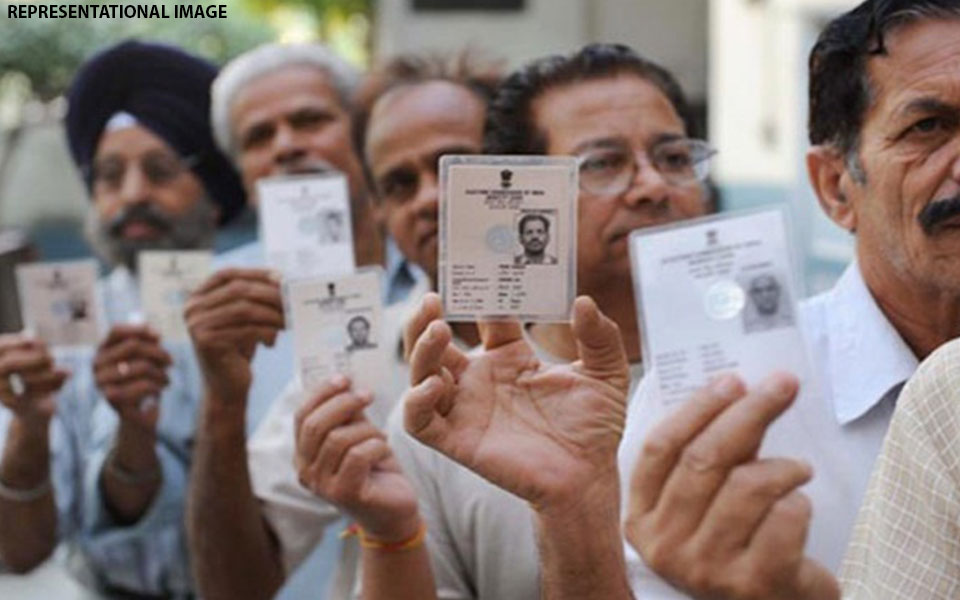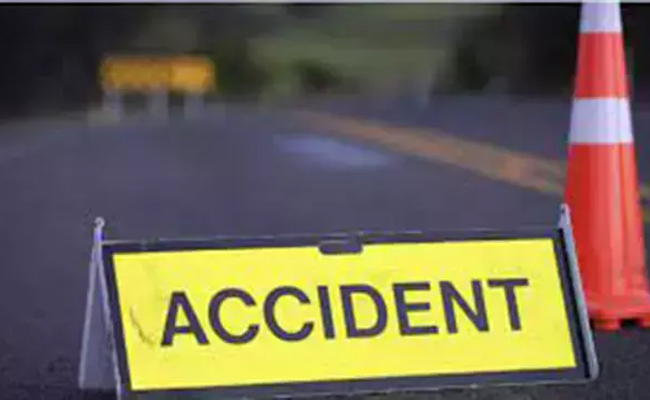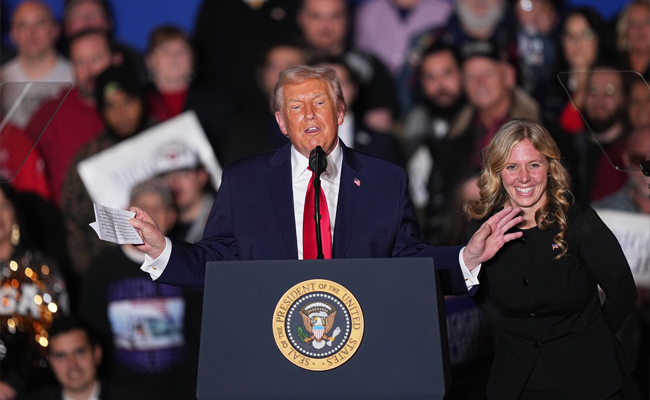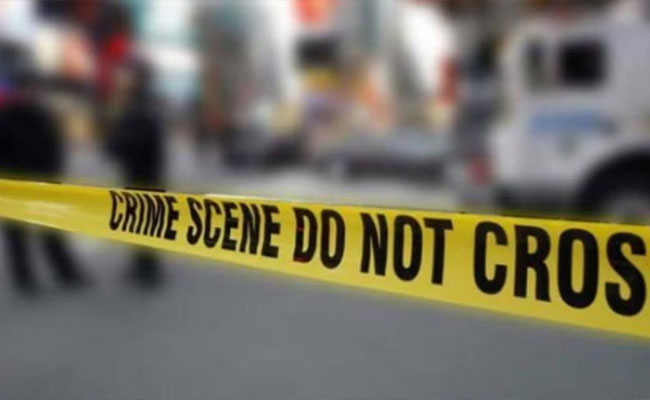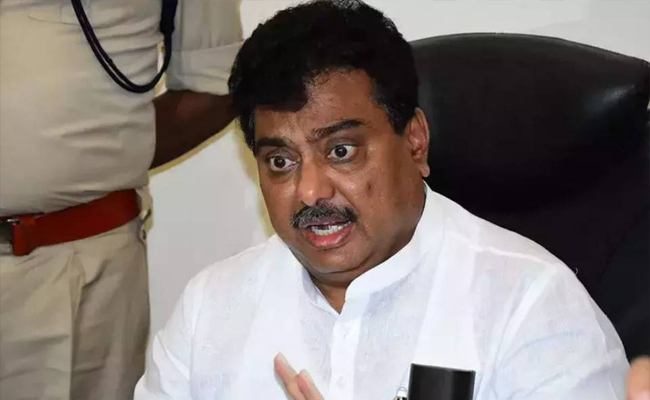New Delhi, May 12: Around 70 per cent voters exercised their franchise for Karnataka Assembly polls on Saturday, the Election Commission said here.
Senior Deputy Election Commissioner Umesh Sinha said the figure was likely to go up as data was still being collated from various polling stations where people queued up beyond 6 p.m. when the voting was supposed to end.
"As of now, the total turnout figure received is 70 per cent. However, we expect this number to increase, and hope it surpasses that of the previous elections," he said.
The Election Commission said the polling percentage may breach the 71.4 per cent mark recorded in the 2013 Assembly election in Karnataka which has nearly 5.07 crore voters.
Sinha said the highest polling of 76 per cent was recorded in Chikkaballapura and Ramanagara while Bengaluru Urban had the lowest turnout at 48 per cent.
Some 2,654 candidates, including 216 women, are in the fray for 222 seats out of a total 224. Voting was deferred in two constituencies.
Counting of votes will take place on May 15.
Sinha said the "seizure of cash, liquor and other goods was to the tune of Rs 186 crore, which was six times more than the Lok Sabha and eight times more than the Assembly election in 2013".
He said there 26 cases of paid news reported across the state, out of which 15 cases have been proved as paid news.
Let the Truth be known. If you read VB and like VB, please be a VB Supporter and Help us deliver the Truth to one and all.
Itanagar (PTI): Eleven more bodies were retrieved on Saturday from the deep gorge in Arunachal Pradesh's Anjaw district, where a mini-truck on which 22 labourers from Assam were travelling fell, an official said.
With this, 17 bodies have been recovered from the accident site, Anjaw's deputy commissioner Milo Kojin said.
He said three more bodies will be brought out on Sunday.
The operation, being conducted by a joint team of the NDRF and Army, resumed at 6 am.
ALSO READ: Traffic fraud: Fake 'no-entry' sticker racket busted in Delhi, mastermind among 3 held
"The retrieval process was extremely difficult because of the treacherous terrain, and the gorge is very deep," Kojin said.
The operation was suspended around 4 pm due to low visibility and will be resumed on Sunday morning, he said.
"One person is still missing, and a search operation will be carried out tomorrow," he added.
The accident happened on the evening of December 8, around 40 km from Hayuliang towards Chaglagam in the district. On the evening of December 10, one survivor managed to climb out of the gorge and reach a nearby Border Roads Task Force (BRTF) labour camp, following which the authorities were alerted.
Six bodies were recovered from the gorge on Friday and handed over to their families on Saturday.

